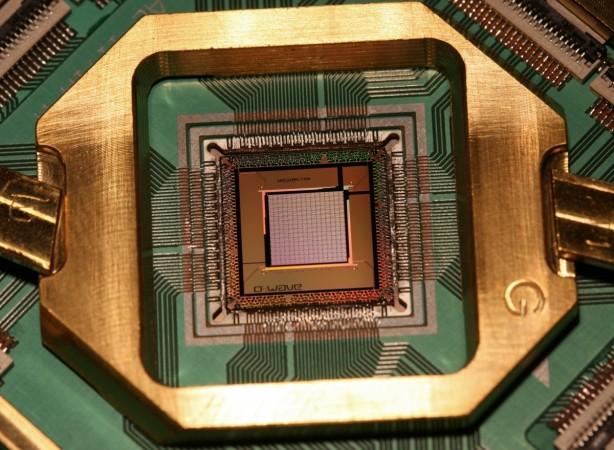
A team of scientists from China has claimed that they have built the world's first quantum computing machine, which is incredibly faster than the early generation of classical, or conventional, computers. The newly developed quantum computer is said to be 24,000 times faster than its international counterparts, and is expected to outperform the processing power of the existing supercomputers.
The machine, which was built by researchers at the University of Science and Technology of China at Hefei in Anhui province, was part of efforts to underline the future use of quantum computing. While normal supercomputers find it difficult to predict the behaviour of photons because of their unpredictability, the new quantum computer can easily predict the complex movement and behaviour of these subatomic particles.
According to Pan Jianwei, the lead scientist on the project, the Hefei machine can perform calculations 10 to 100 times faster than what the first electronic digital computer ENIAC, developed in the 1940s, would have been capable of doing. Although the machine currently is of no practical use, it does highlight the future prospects of quantum computing, researchers said.
Quantum computing exploits the ability of photons to exist in multiple states at any time, allowing them to store much more information than just 1 or 0. It's the way these tiny particles behave that helps quantum computing perform operations more quickly while using less energy than classical computers.
"Our architecture is feasible to be scaled up to a larger number of photons and with a higher rate to race against increasingly advanced classical computers," the researchers said in a study, published in the journal Nature Photonics on Tuesday.
China has been making significant strides in quantum physics over the last few years. In 2016, the country successfully launched the world's first quantum satellite to explore quantum communications by transmitting "unhackable" keys from space.
In 2015, a team of researchers from Google, NASA and the University of California at Santa Barbara claimed to have developed a high-precision manipulation of 9 superconducting quantum bits. The Chinese researchers' team now has said that their superconducting quantum circuit contains 10 quantum bits, Xinhua reported.










